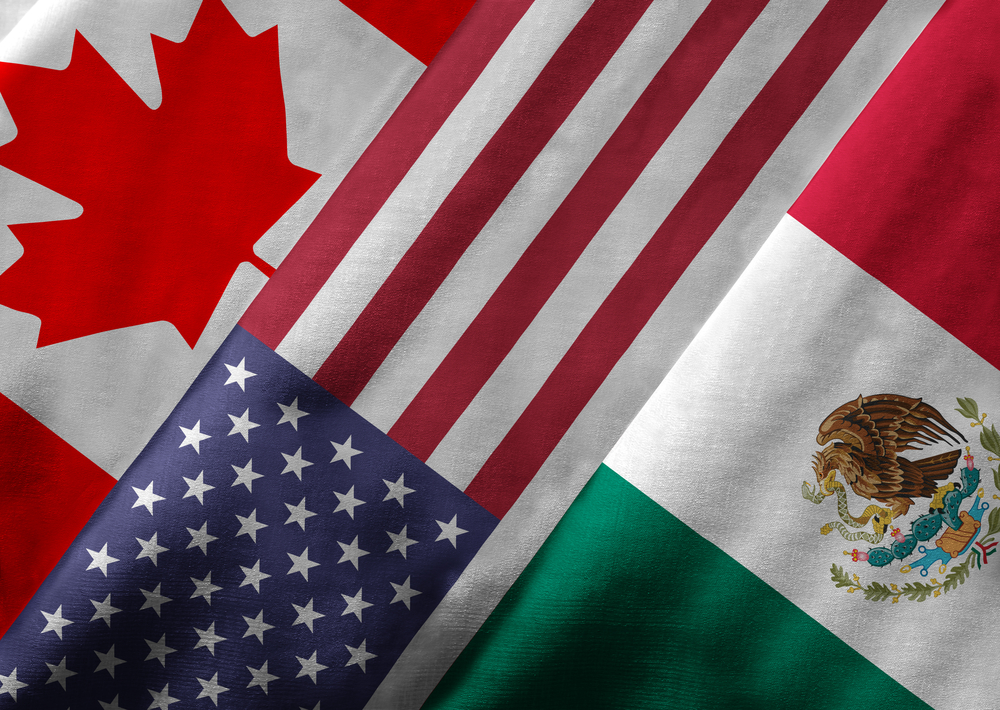
After months of renegotiation talks, trade representatives revealed the U.S.-Mexico-Canada Agreement (USMCA), which is poised to replace the current North American Free Trade Agreement (NAFTA). However, there have been changes in Washington, D.C., following the general election that may stall the USMCA.
Bill Lane, executive director of Trade for America, briefly discussed this issue during his presentation at the recent Vegetable and Flower Seed Conference, an annual conference hosted by the American Seed Trade Association (ASTA). According to Lane, when the USMCA was being negotiated, U.S. Trade Representative Robert Lighthizer worked closely with Senate democrats because it was believed that they would provide a good number of the votes in favor of the USMCA. “So far, those numbers that the trade representative worked with have not come out in favor of the USMCA,” Lane said.
Lane added that although this agreement is too important not to pass, it will be tested as will claims made by members of both parties. “Democrats now say that they’re more pro-trade than republicans, but it has yet to be tested, and so far, they have not come out in favor. So that is going to be something that will have to be handled,” Lane explained.
Overall, Lane believes the USMCA will be a positive trade agreement for the United States. Once the agreement is passed, a big benefit for agriculture will be the possibility of the tariffs being removed. “The biggest benefit for agriculture in the short term is that it is assumed that the tariffs that Mexico and Canada put in place will come off. These were retaliatory tariffs when the U.S. put tariffs on steel and aluminum,” Lane said.
Andy LaVigne, president and CEO of ASTA, is in favor of the USMCA from a seed standpoint. “We’re supportive of the provisions in the USMCA that impact our industry, mainly phytosanitary issues of moving seed back and forth between the countries and other property rights provisions in the agreement,” LaVigne explained.
As far as the concerns in the specialty crop sector, both Lane and LaVigne recognize the issues. LaVigne said he hopes to see those concerns be resolved, while still allowing for the bill to pass. Lane added that issues like these have been around for a long period of time, going all the way back to the Chilean agreement. However, Lane believes passing some sort of free trade deal with Mexico and Canada is crucial. “It’d be great if the USMCA becomes a reality. NAFTA is a status quo that we can live with for a while, but what would be really catastrophic is if we don’t have either,” Lane concluded.
Share this Post









